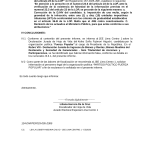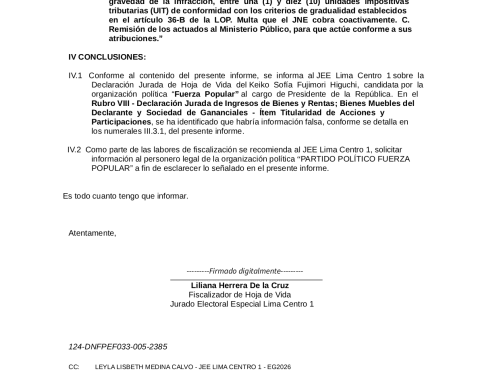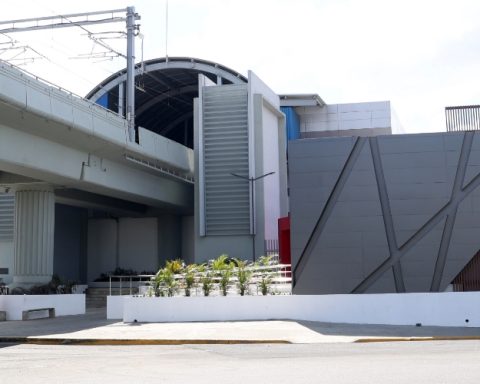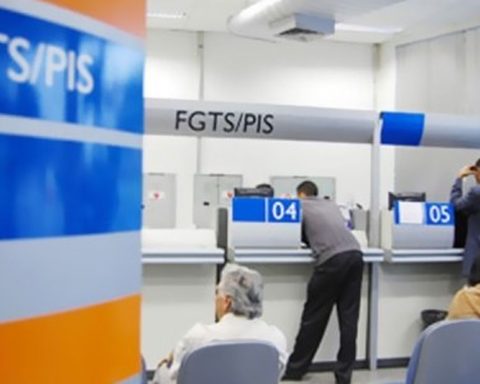The 2017 tariff renegotiation carried out by the government of Together for Change “privileged the profitability of the Edenor and Edesur companies to the detriment of the economy of households and productive sectors,” concluded a report by the Observatory of Public Services of the National University of La Plata (OSP-UNLP).
The Observatory is an initiative of the UNLP that, together with civil society entities, articulates and produces knowledge aimed at protecting the interests and guaranteeing the rights of citizens and productive sectors.
“There was a clear advantage given to companies by the state administration during 2017”report of the Observatory of Public Services of the UNLP
In a statement, that body specified that a report was prepared after reviewing the results of audits carried out by the National Electricity Regulatory Entity (ENRE) and the General Auditor of the Nation (AGN) in 2021 and contrast the conclusions of both organizations with the evolution of electricity rates and their impact on the income of families in the Buenos Aires Metropolitan Area (AMBA).
Based on that analysis, the OSP determined that “there was a clear advantage granted to companies by the state administration during 2017.”
In addition, it stated that “one of the main evidences left by the ENRE and AGN audits is the absence of participation and consultation with various fundamental actors in the Comprehensive Tariff Review (RTI) process called by the Cambiemos management.”
“Both audits emphatically state that the process carried out by the previous government administration did not end with fair, reasonable and affordable rates, but favored business profitability”he pointed out among the conclusions.
In this sense, the director of the OSP-UNLP, Eduardo Baldi, maintained that the lack of intervention of national universities with extensive experience in public services is “obvious.”
He pointed out that “turning to universities in the framework of the RTI debate could constitute a natural protection of the interests and rights of citizens and the productive sectors”.
In this context, the report stated that “The ENRE in the audit states that the RTI was lacking in legal validity” and points out that “based on different irregular procedures, the process was a front for the laundering of higher income to the distributors because the State did not have the necessary information.”
He also stated that “the objective of the tariff policy was to guarantee a rapid transfer of income to the companies Edenor and Edesur” and indicated that the quality and investment parameters were “flexible” to benefit the operators.
“Recourse to universities in the framework of the RTI debate could constitute a natural protection of the interests and rights of citizens and the productive sectors”Edward Baldi
The Observatory also highlighted that the AGN stated that the RTI process was “not very transparent” where “there was a lot of informality in the procedures, non-compliance, excessive subjectivity in the behavior of an external consultant hired by the ENRE and a great asymmetry of information between regulator and regulated”.
In addition, he noted that “operating costs higher than the real ones were approved”, and specified that “the audit established that the costs admitted in the RTI by the ENRE were on average for both companies 57.5% higher than those registered during the fiscal year. accounting 2015”.
“This is, in the case of Edesur, an excess gap of $2,021.21 million (61%) and in the case of Edenor of $2,193.9 million (54%),” he stressed.

















